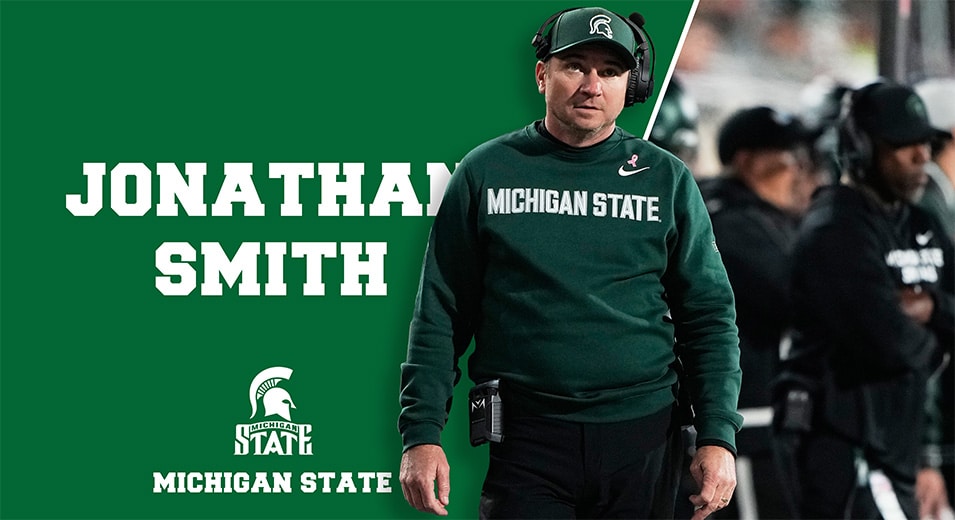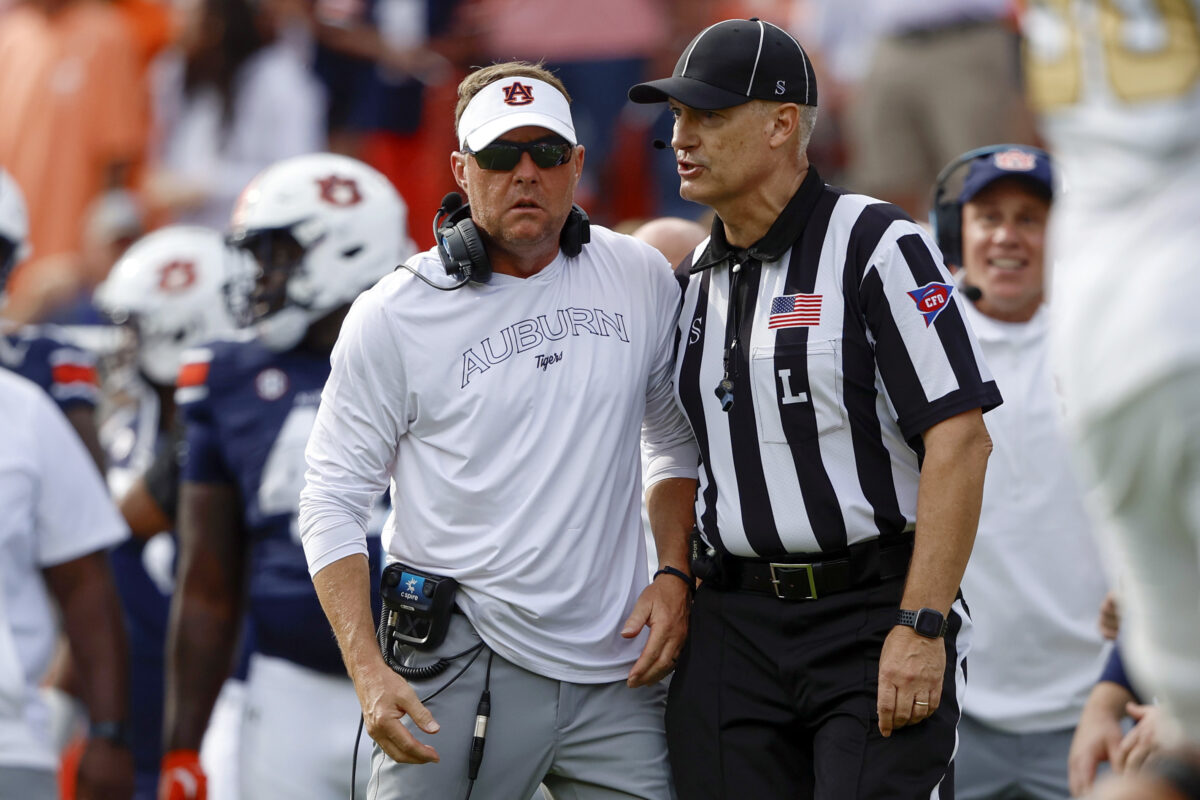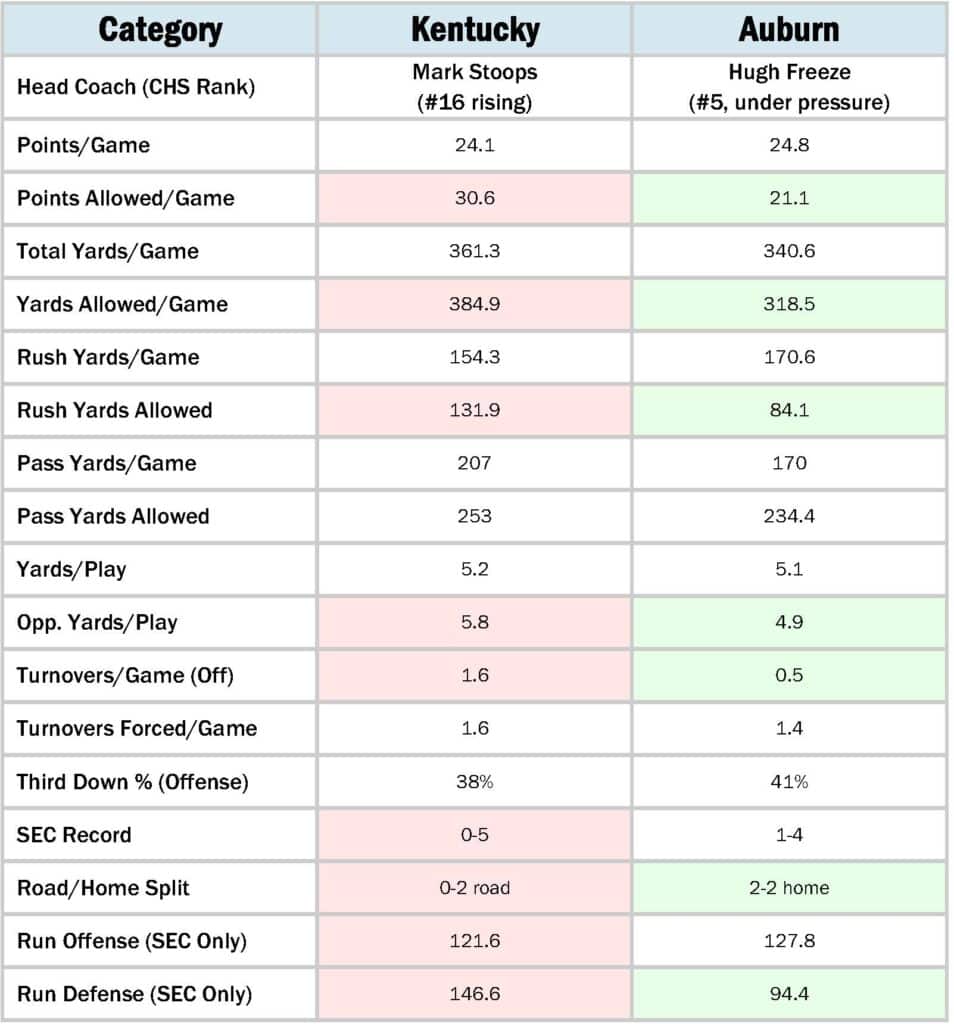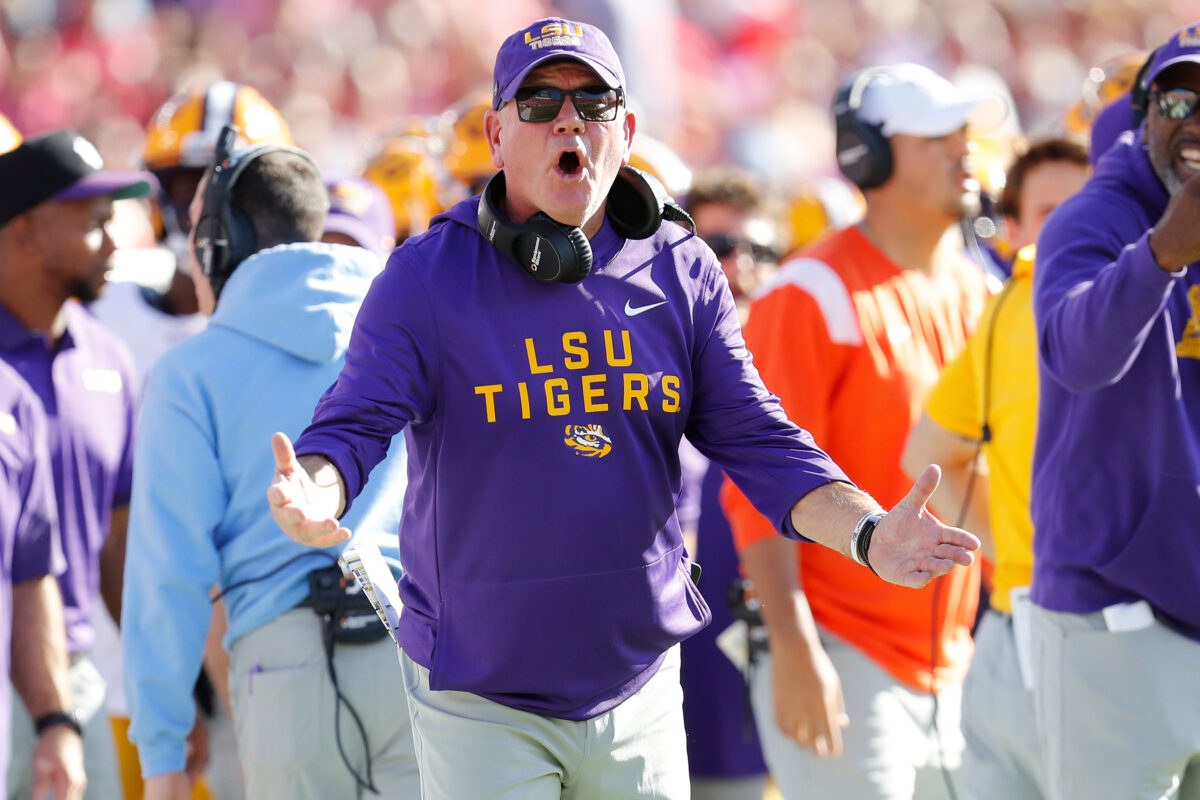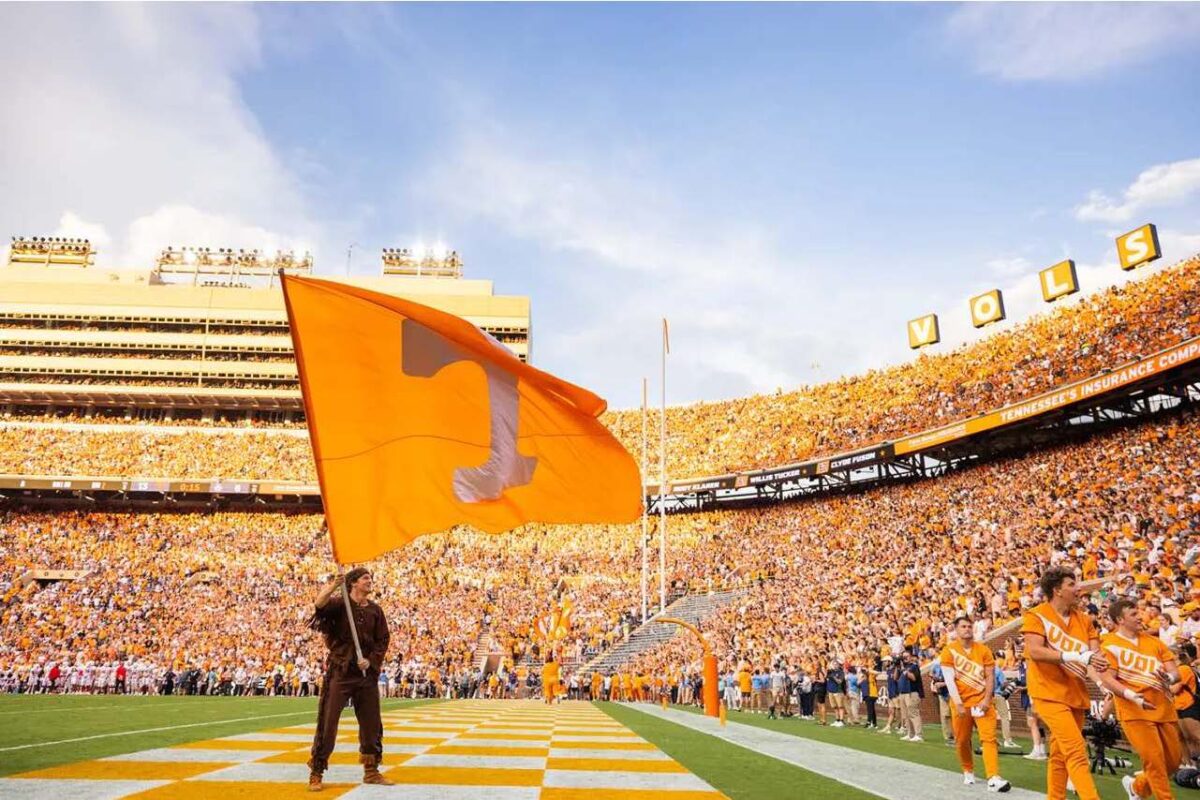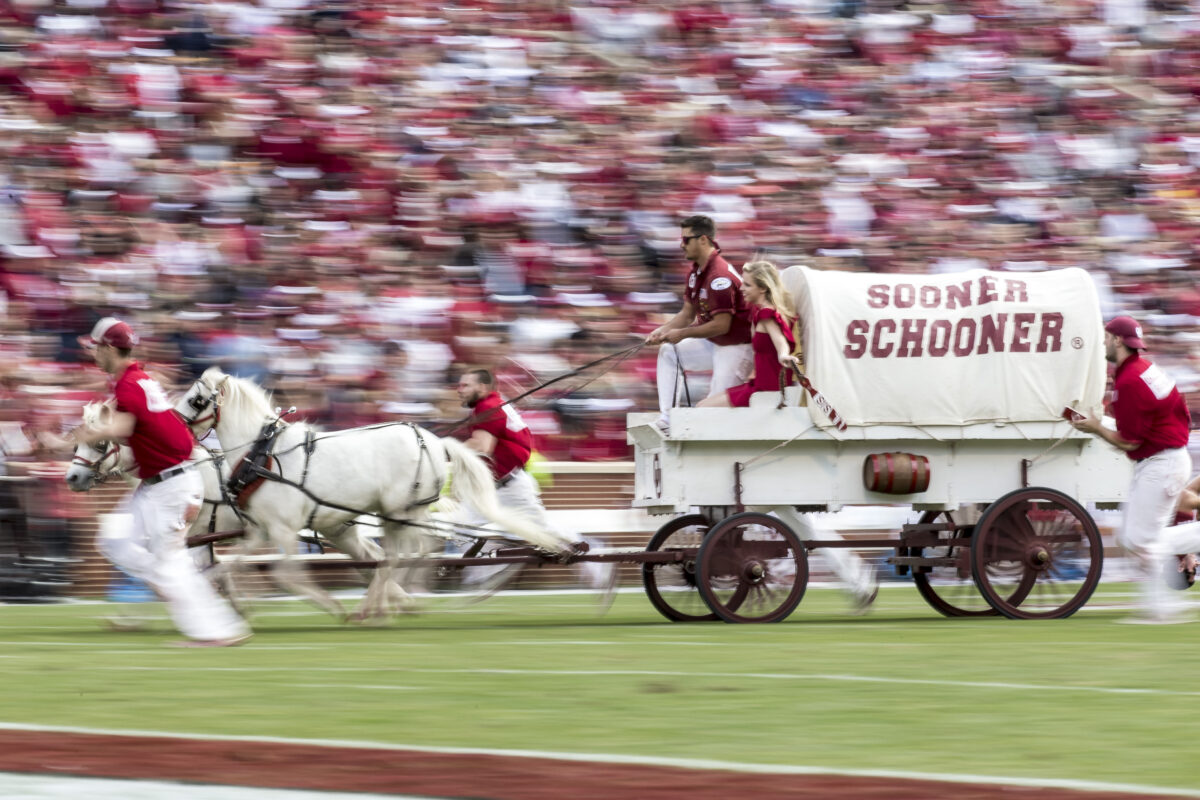Blog Article
Grading the Carousel: Preliminary Hire Grades for the 2024-25 Cycle
The carousel never stops spinning.
We’re tracking 21 coaching changes this cycle — 13 with new coaches already named, 8 still waiting on their guy. What follows are our preliminary grades across three categories: Hire Quality, Process, and Fan/Media Sentiment.
These aren’t final verdicts.
They’re initial reactions. First impressions. The kind of grades that will look either brilliant or idiotic in three years when we revisit them.
We’ll do deep dives on each hire individually in the coming weeks. But for now, here’s where every job stands — from the home runs to the dumpster fires.
The Home Runs
These programs swung big and connected.
Virginia Tech — James Franklin (A / A– / A)
The Hokies didn’t just make a hire. They made a statement.
Landing James Franklin from Penn State signals that Virginia Tech is done being a sleeping giant. The staff and recruiting implications will ripple through the ACC for years. The only question now is whether VT finally acts like the resource program it’s always claimed to be.
How his Penn State staff/recruits follow, what this does to the ACC power structure, and whether VT is finally acting like a “resource program” again.
Oregon State — JaMarcus Shephard (A / A– / A)
The Beavers landed their guy without a nationwide circus.
JaMarcus Shephard comes from Alabama’s staff into the most uncertain moment in Oregon State history. Post-realignment survival depends on portal management and identity preservation. A first-time head coach navigating conference limbo while maintaining Trent Bray’s defensive DNA is a tall order — but OSU handled this search like a program that knows exactly who it is.
Post-realignment survival, recruiting without a stable league home, and whether a first-time HC can maintain Bray’s defensive identity.
LSU — Lane Kiffin (A / D / A)
The hire is an A. The process was a circus.
Lane Kiffin to LSU was the worst-kept secret in college football, which made the public courtship even messier. But the end result? A program with unlimited resources landing one of the sport’s best offensive minds and most ruthless recruiters. The marriage either produces championships or a spectacular implosion. There is no middle ground in Baton Rouge.
Ole Miss fallout, staff poaching wars, and if LSU’s booster culture amplifies or burns out Kiffin’s volatility in a hurry.
Colorado State — Jim Mora Jr. (A / B / B+)
The Mountain West needed a credible name. CSU delivered.
Jim Mora brings NFL pedigree, P4 experience, and a recruiting network that Jay Norvell never fully activated. The question is whether this is a “last tour” victory lap or a legitimate rebuild. Either way, CSU positioned itself to capitalize on a weakened conference landscape.
Can Mora still grind on the trail, how CSU positions itself vs. a weakened MWC, and whether this is a “last tour” or a true rebuild.
Kentucky — Will Stein (A / B– / B)
Mark Stoops cast a long shadow. Will Stein steps into it confidently.
The offensive identity pivot is exactly what Kentucky needed after years of defensive-first football. Stein’s explosiveness ceiling could push the Wildcats from the 7-win band into genuine SEC East contention. The NIL landscape remains a challenge, but this hire signals ambition.
Stoops’ shadow, offensive identity pivot, NIL vs. league peers, and whether Stein can keep Kentucky in the 7–9 win band with a higher explosiveness ceiling.
Auburn — Alex Golesh (A– / B+ / B+)
Auburn got its tempo guy, Alex Golesh, from South Florida.
Golesh’s USF offense translated well enough to earn him a shot at the SEC’s toughest division. The patience level in Auburn is… historically nonexistent. But the process was clean, the hire was decisive, and line-of-scrimmage recruiting will determine whether this becomes a home run or a cautionary tale.
Translation of his USF tempo offense to the SEC West equivalent, patience level in Auburn, and how he recruits the lines of scrimmage.
The Solid Singles
Not flashy. Not embarrassing. Just… fine.
Stanford — Tavita Pritchard (B+ / B / B)
The Cardinal went internal and pragmatic.
Tavita Pritchard inherits Andrew Luck’s GM involvement and Stanford’s perpetual NIL/admissions constraints. The bet is that an NFL-style QB room can overcome portal friction in an ACC that doesn’t care about your academic reputation. It’s a reasonable swing given the circumstances.
Andrew Luck’s GM role, Stanford’s NIL constraints, and whether an NFL-style QB room can overcome admissions/portal friction in the ACC.
UCLA — Bob Chesney (B+ / C / C+)
This is either the next Kalen DeBoer or bargain shopping.
Bob Chesney’s jump from FCS to the Big Ten grind is significant. Here’s the strange part: the process was actually solid — because Martin Jarmond wasn’t running it. And that tells you everything about the real red flags at this job. An ineffective, egomaniacal athletic director. A disconnected, tone-deaf chancellor. A bean counter who only understands counting beans. Chesney’s system might translate just fine. Whether anyone can succeed under this administration is the bigger question.
The massive jump from FCS to the Big Ten grind, and whether anyone can succeed under an ineffective AD, a tone-deaf chancellor, and an administration that only understands counting beans.
Oklahoma State — Eric Morris (B– / B– / B–)
Life after Gundy is officially here.
Eric Morris keeps the Air Raid DNA without the 20-year cultural infrastructure. The question is whether Oklahoma State wants to chase Big 12 titles or just stability. This hire suggests stability. That’s not necessarily wrong — but it’s not inspiring either.
Life after Gundy’s long tenure, keeping the Air Raid DNA without the old culture, and whether OSU wants to chase Big 12 titles or just stability.
Ole Miss — Pete Golding (B / C+ / B)
Continuity hire. Full stop.
Pete Golding’s job is to keep the portal from hemorrhaging and maintain defensive credibility while the offense finds a new identity post-Kiffin. Whether he can be more than a recruiter/DC remains the central question. The Rebels are betting on stability over splash.
Defensive continuity vs. offensive identity change, portal retention after Kiffin, and whether Golding can be more than a recruiter/DC.
Michigan State — Pat Fitzgerald (C / B / B)
The Spartans hired a culture reset.
After back-to-back scandals, Pat Fitzgerald’s “Northwestern-style overachiever” ceiling might be exactly what East Lansing needs. The long-term recruiting upside against Ohio State and Michigan is… limited. But the hire makes sense for a program that desperately needed adults in the room.
Cultural cleanup after back-to-back scandals, ceiling of “Northwestern-style overachiever” in the new Big Ten, and long-term recruiting upside vs. Ohio State/Michigan.
The Fan Base Meltdowns
These aren’t going well.
Florida — Jon Sumrall (C / B+ / D)
The process was fine. The reaction was not.
Sumrall arrives with Steve Spurrier’s public blessing and a mandate to fix Billy Napier’s in-game disasters. But there’s a red flag worth noting: Sumrall’s Tulane teams were consistently among the most penalized in the country — the kind of undisciplined football that suggests coaching issues, not just player mistakes. Florida fans already wanted a bigger name. The D in sentiment reflects a fan base that feels the program settled.
Spurrier publicly blessing the hire, fixing Napier’s in-game messes, and whether Sumrall can weaponize UF’s NIL/portal machine fast enough in the SEC arms race.
Arkansas — Ryan Silverfield (D+ / D / D)
This is a disaster.
The fan backlash isn’t simmering — it’s boiling over into organized protests. Ryan Silverfield’s task is nearly impossible: win quickly in a 16-team SEC with a hostile home base from Day 1. The AD’s survival odds are now directly tied to Silverfield’s record. D across the board, and that might be generous.
Fan backlash/protests, AD survival odds, and if Silverfield can win quickly enough in the new 16-team SEC to quiet a hostile base.
The Clown Shows
No other way to describe these.
Penn State — TBD (INC / F / F)
James Franklin is gone. The portal is circling. And Penn State is playing leverage games with agents while their roster evaporates in real time. At some point, “waiting for the right guy” becomes “watching your program collapse.” That point may have already passed.
Whether PSU finally swings for a top-5 coach, how Sexton’s leverage games play out, and how long they can sit in limbo without bleeding portal talent.
UAB — TBD (INC / F / F)
The Bill Clark era feels like ancient history now.
Former coach Trent Dilfer gets plenty of blame, but AD Mark Ingram deserves more. Together they torched everything Clark built — the goodwill, the culture, the upward trajectory. All of it gone. Now the job sits open and nobody wants it. This isn’t a “hidden gem” search. It’s a punchline. Stadium and resources exist on paper, but the dysfunction has made this one of the least attractive openings in the country.
How attractive the job really is post-Dilfer, stadium/resources vs. recent chaos, and whether UAB leans into offense again or buys a culture guy.
Still on the Board
These jobs remain open. Grades pending.
California (INC / B / B) — Cal’s identity crisis continues. Do they want academics or football? The ACC move demands an answer.
UConn (INC / C+ / C) — Independence is lonely. The next hire determines whether UConn commits to regional recruiting or another failed “national” vision.
North Texas (INC / C / C) — Serial resets in Denton. UNT needs to pick an offensive identity and stick with it.
Coastal Carolina (INC / B– / B–) — The post-Chadwell slump continues. Another spread-option innovator, or something different?
South Florida (INC / B / B) — Golesh left equity in the roster. USF has a window before FSU/UF/Miami clean up their messes.
Memphis (INC / B / B) — The Tigers launch coaches. The question is whether they want another launchpad guy or someone who stays.
The Bottom Line
Thirteen hires graded. Eight more coming.
The best hire so far? Virginia Tech landing James Franklin changes the ACC. The worst situation? Arkansas — and it’s not close.
We’ll revisit these grades in-season. Some will age like wine. Others will age like milk.
The carousel keeps spinning.


